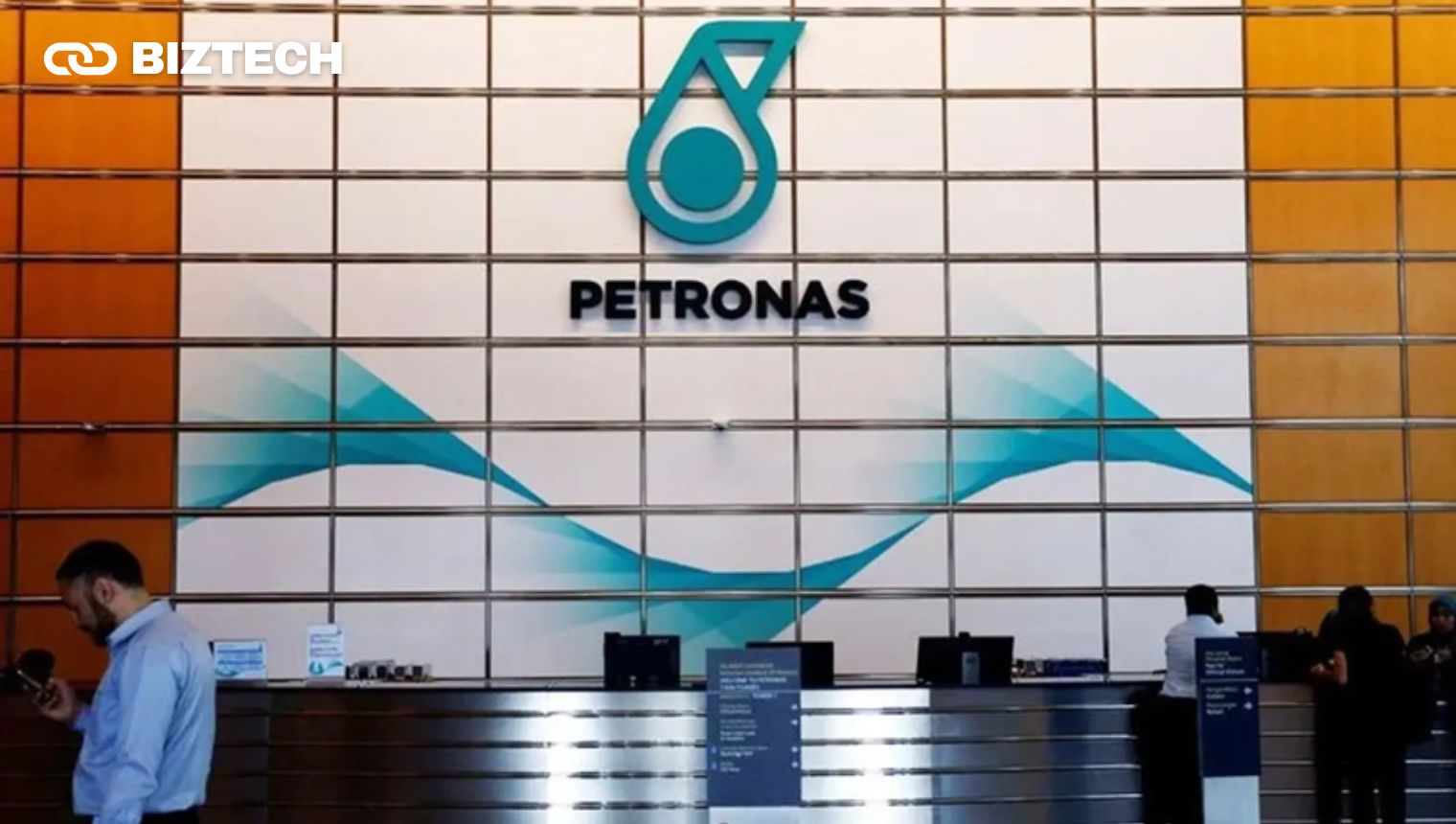Stay connected with BizTech Community—follow us on Instagram and Facebook for the latest news and reviews delivered straight to you.
Petroliam Nasional Bhd (Petronas) reported a revenue of RM171.7 billion for the first half of 2024 (H1’24), reflecting a slight increase from RM169.0 billion during the same period last year. This growth was primarily driven by the impact of foreign exchange gains, partially offset by lower average realized prices, particularly for liquefied natural gas (LNG), in line with declining global benchmark prices.
Profit Decline Due to Deconsolidation and Taxation
Despite the increase in revenue, profit after tax (PAT) fell by 19% to RM32.4 billion, down from the previous year’s figures. The decrease was attributed mainly to the deconsolidation of subsidiaries and higher taxation. Earnings before interest, tax, depreciation, and amortization (EBITDA) stood at RM64.1 billion, a 9% decrease or RM6.4 billion lower than the corresponding period, following the decline in overall profitability.
Cash Flow and Capital Investments
Petronas’ cash flow from operating activities amounted to RM54.8 billion, a 5% decline or RM3 billion lower, in line with the reduction in profit. The group’s capital investment (capex) totaled RM25.7 billion, with a significant portion directed toward upstream development and exploration activities. Notably, domestic capex saw an 18% increase from the same period last year, emphasizing Petronas’ commitment to expanding its operations within Malaysia.
As of June 30, 2024, the group’s total assets rose to RM798.6 billion, up from RM773.3 billion at the end of 2023, driven by capital investments during the financial period. Shareholders’ equity also increased to RM443.9 billion, largely supported by the profits generated during the period, partially offset by RM32 billion in dividends declared to shareholders.
Performance Amid Global Economic Challenges
Petronas president and group CEO Tan Sri Tengku Muhammad Taufik described the group’s first-half performance as commendable despite ongoing market volatility and a global economic slowdown. He attributed the results to Petronas’ focus on prudent financial management and the strength of its diverse portfolio.
“Since inception, Petronas has injected RM1.4 trillion into the nation’s economy through dividends, taxes, and cash payments,” he noted, adding that Petronas’ evolution into a global energy player will continue to benefit Malaysia’s economy.
Tengku Muhammad Taufik reaffirmed Petronas’ commitment to collaborating with partners both domestically and internationally. The company is focused on advancing its Energy Transition Strategy, incorporating new technologies, and positioning itself for future growth despite the dynamic shifts anticipated in the operating landscape.
Future Outlook and Strategic Focus
Petronas acknowledged the challenges posed by prolonged geopolitical tensions and macroeconomic uncertainties, which continue to impact global markets negatively. However, the group emphasized its agility in identifying and prioritizing growth opportunities despite the complexities of the current landscape.
Looking ahead, Petronas plans to remain focused on value preservation through cost rationalization and strategic investments, both in Malaysia and abroad. The company is committed to monetizing upstream resources while expanding its footprint in the renewable energy sector, ensuring long-term sustainability and value creation in the evolving energy industry.






